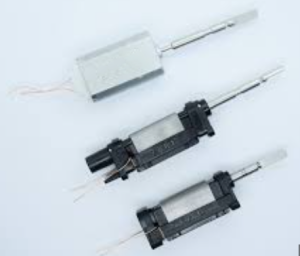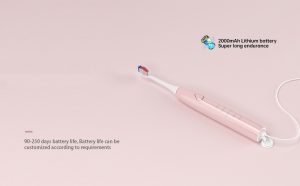If you know your brushing and flossing technique well enough to remove all traces of plaque from your teeth. A water flosser gives you the opportunity to improve your oral hygiene by making thorough cleaning. Let’s unpack water flosser effectiveness! You can decide if an oral irrigator will benefit your dental hygiene.
What Is A Water Flosser?
Oral irrigators usually have a nozzle, water reservoir and a motor that provides power. Specialised oral irrigators include cordless, countertop, faucet flossers and shower flossers. A water flosser works by directing streams of water through the nozzle, to the spaces between your teeth. The pressure of the water removes debris, plaque, tartar, and food between the teeth or below the gum line.
If you have ever found yourself avoiding string floss or struggled to use it, an oral irrigator could be beneficial.
How To Gauge Water Flosser Effectiveness?
You have gum sensitivity
Dental floss can be abrasive, especially if you have gum disease. Sometimes, if we use string floss too aggressively, it can cause a little bleeding from the gums. The water pressure from an oral irrigator will not irritate gums like string floss.
You have restorations or tooth replacements
Patients who have false teeth, dental implants, crowns or any restorations can benefit from using water flossers. If you have lost teeth, it could be a sign that your dental hygiene needs more care and attention.
You have orthodontic braces
Wearing orthodontic braces requires you to take extra special care of your teeth. If you have crooked teeth it’s likely that you will already have small spaces in your mouth that your toothbrush cannot access. When you’re wearing braces, it is very important that you thoroughly clean the area between the orthodontic wires and braces and all of your tooth surfaces. This is much more difficult with traditional dental floss, but water flossing can do the job more effectively.
You are serious about avoiding gum disease
Flossing is an essential part of your oral hygiene. To protect your teeth and gums, we can floss your teeth twice a day, which will be more effective.Various studies have shown that the effectiveness of water floss is just as effective as floss in removing plaque.
Water flossers have been shown to remove more plaque from periodontal pockets in patients who have gum disease and may help patients to avoid a worsening of periodontitis.
How To Use A Water Flosser For Maximum Effectiveness?
Before using a water flosser, it’s a good idea to position yourself in front of a mirror and over a basin, at least for the first time using it. Studies have shown that it doesn’t matter whether you floss before or after brushing, the most important thing is to do it twice a day. Another benefit of an oral irrigator is that it rinses away debris, whereas flossing requires you to rinse while flossing.
First, fill the reservoir of your flosser with warm water. Remember to angle the flosser at a 90-degree angle with your jaw. Don’t forget to work systematically, starting at one side of your jaw, and working your way across. Remember to give each tooth individual attention, working your way all around and not neglecting the back of each tooth. The entire process should take around two minutes to complete. It might take a little longer while you are first getting used to using your water flosser, but you should get faster in time.
-300x169.jpg)

